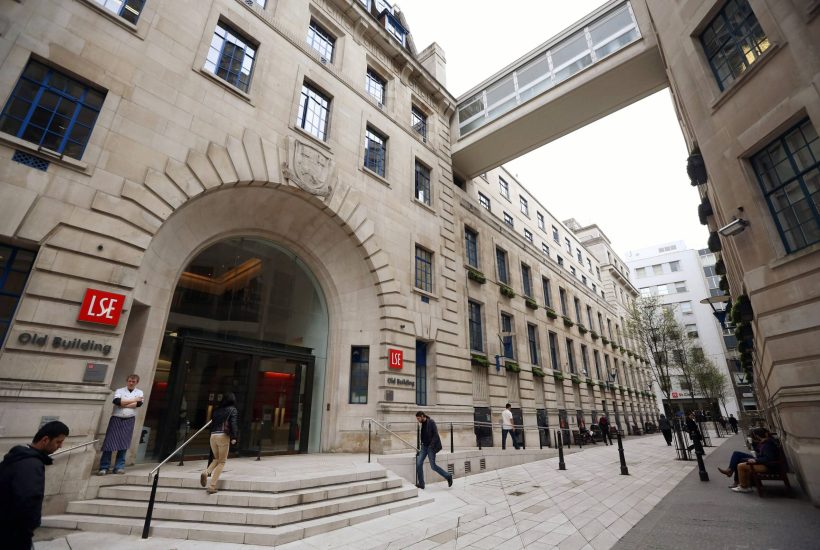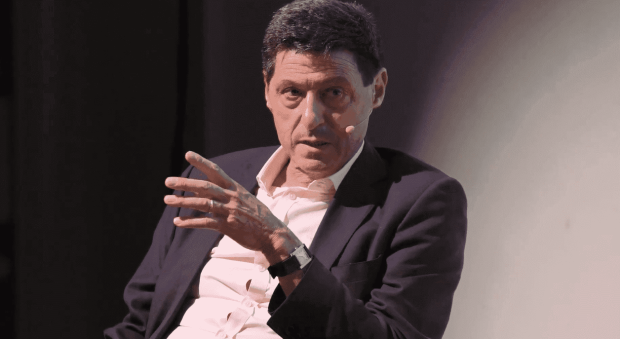Boris Johnson might insist that the UK will not ‘pitchfork’ Chinese investment but it seems not everyone in government agrees. Liz Truss, the new Foreign Secretary, has made headlines today for saying what many on her back benches believe — that Britain cannot be dependent on China and allow it a role in our nuclear plants or the G7.
That fundamental divide on how to approach Beijing is not merely confined to Westminster, but rather something that extends across industry, civil society and of course, academia.
One of the ways the Chinese Communist Party has sought to extend its overseas cultural influence is by Confucius Institutes. They run educational and cultural promotion programs funded and arranged by Hanban, which is affiliated to the Chinese Ministry of Education and spends approximately $10 billion on them a year. Advocates point to their role in teaching Mandarin — a much needed skill in short supply here in Britain. But there are increasing concerns about the Chinese government’s suppression of academic freedom and whether such schemes risk undermining the independence of universities.
It was the senior CCP official, Li Changchun, who remarked that Confucius Institutes are ‘an important part of China’s overseas propaganda set-up.’ In August 2020 the State Department moved to designate the headquarters of the Confucius Institute in the U.S. as a foreign mission of China after a string of universities in America and Europe axed their programmes following several controversies.
Still, not all universities appear to be following suit. For Mr S has uncovered figures which show that the London School of Economics accepted more than £1.5 million in just over a decade from Hanban, for its Confucius Institute for Business London. Beginning in 2008/09 more than £100,000 has been received each year by the university, rising to its highest total of £183,286 in 2019/20 — the most recent year for which figures are available. The costs relate to the creation of teaching materials, running teacher training courses, and costs for (and revenue from) Chinese Proficiency Test examinations. There has been funding for a staff member for the last four years.
Julia Pamilih of the China Research Group told Mr S: ‘It’s really useful to get a better (understanding) of the level and scope of Hanban funding in the UK. It’s clearly not ideal to have language learning in Britain dependent on an arm of the Chinese party-state. But the need for Mandarin learning is so crucial and, as things stand, the UK doesn’t have a huge number of alternatives. We have to weigh that up against the risks and think harder about how we can diversify.’
And Tory MP Alicia Kearns, who serves on the Foreign Affairs Select Committee, went further, saying: ‘The Chinese Communist Party doesn’t invest for free and without bondage – every penny comes with strings attached. Now, I hope that LSE starts to question the intent behind investments and the true purpose of Confucius Institutes.
‘If our Universities lose their freedom of speech, their freedom to criticise, or open their arms to propaganda cut-outs of states with interests hostile to the values of free speech and our nation, we leave our young people at risk. That’s not a price worth paying – and certainly not worth £1.5 million. Over the long term, our universities must diversify their backers and ensure our education system remains secure from entrapment, censorship, exploitation or plunder, and that it cannot be used for those ends in pursuit of research funding.’
An LSE spokesman said: ‘The funding LSE has received from Hanban was exclusively for the Confucius Institute for Business London, which focuses on business communication and delivering Chinese language classes. LSE has received no other donations from the Chinese Ministry of Education. Academic freedom and freedom of expression underpin everything we do at LSE and are non-negotiable. The School has a clear ethics code which requires due diligence to be undertaken on all research partnerships and contract.’
Long may that remain the case.
Got something to add? Join the discussion and comment below.
Get 10 issues for just $10
Subscribe to The Spectator Australia today for the next 10 magazine issues, plus full online access, for just $10.





















Comments
Don't miss out
Join the conversation with other Spectator Australia readers. Subscribe to leave a comment.
SUBSCRIBEAlready a subscriber? Log in